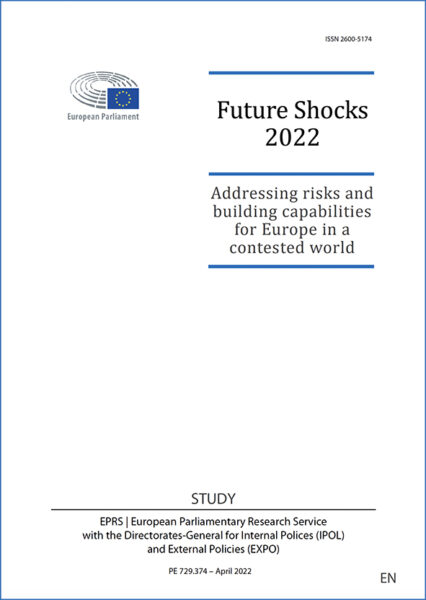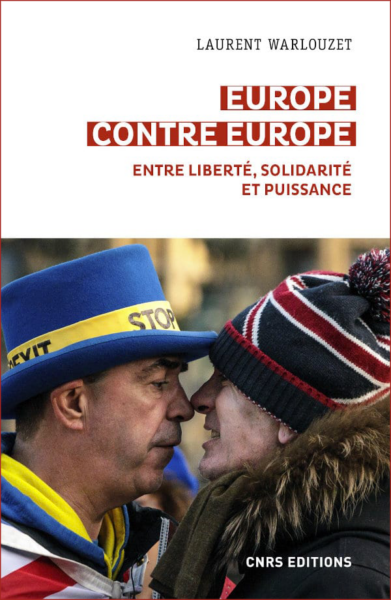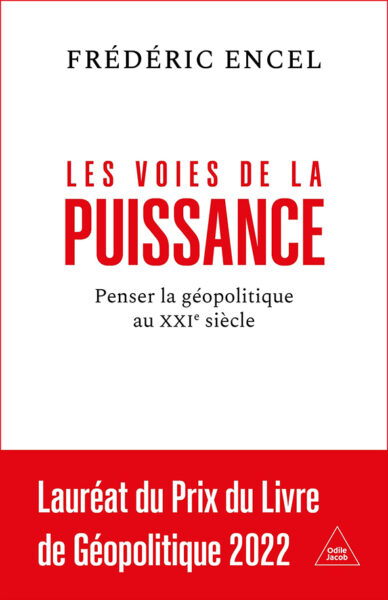Colonel Baud, who currently works at the Swiss army’s headquarters in Berne, was employed for more than seven years as an analyst by the Swiss intelligence service. He has compiled two encyclopaedias, one on intelligence-gathering and secret services (Paris: Lavauzelle, 1997) and another on terrorism (Encyclopédie du terrorisme. Paris: Lavauzelle, 1999), and he agreed to be interviewed for Futuribles by Jérôme Marchand.
He talks first about intelligence as a profession – which in many ways covers the same field as strategic surveillance – and the special skills required for the job, in particular in terms of intellectual curiosity (and therefore openness of mind), the ability to distance oneself from events (and therefore good judgement), as well as the ability to anticipate what might happen.
Colonel Baud then offers a rapid critical survey of the bodies responsible for intelligence, where their strengths and weaknesses lie, especially in the radically different geopolitical context following the end of the Cold War.
The main topic of the last part of the interview is the new threats that are typical of today’s world, which are quite unlike those of the past because the issues of internal and external security, both civilian and military, are increasingly interconnected.
L'intelligence stratégique : propos d'un analyste. Le métier du renseignement
Cet article fait partie de la revue Futuribles n° 255, juil.-août 2000



